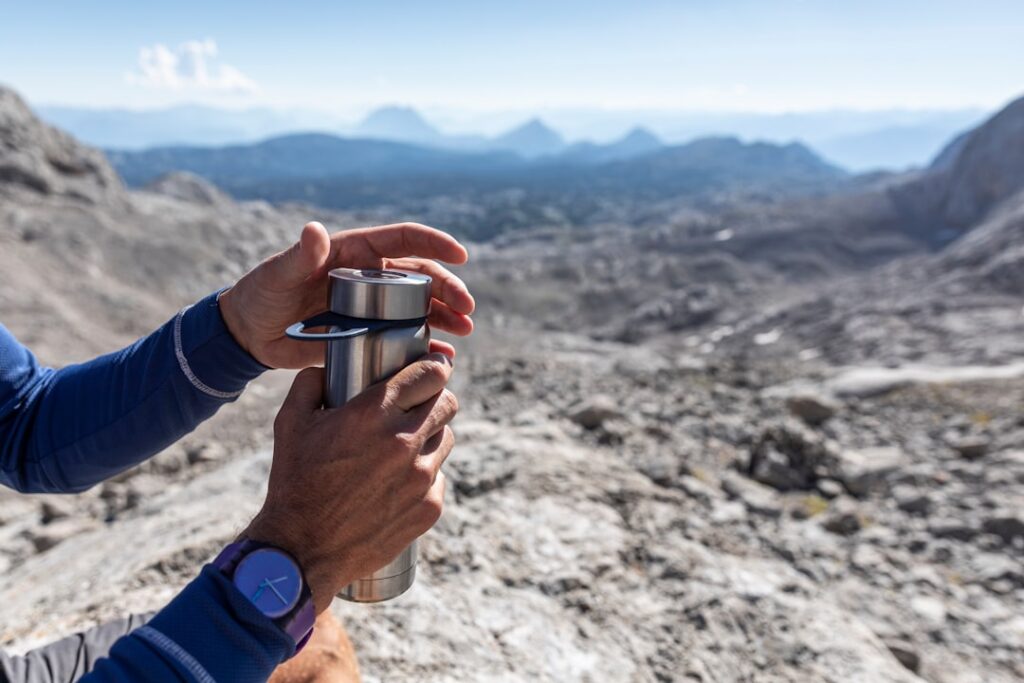Water, the unassuming yet vital component of our daily intake, plays a significant role in the functioning of our bodies. A common yet often overlooked aspect of this is the intricate dance between hydration and metabolism. Understanding this connection can be the key to unlocking a higher level of health and wellness.
The Role of Water in Metabolic Processes
Metabolism involves a series of chemical reactions that the body carries out to maintain life. It encompasses the breakdown of nutrients for energy and the assembly of molecules needed by cells. Water is essential in these processes, acting as a solvent and a reactant. For example, in a process known as hydrolysis, water breaks down molecules like proteins and fats into smaller, usable components. Without adequate hydration, these metabolic processes can become less efficient, leading to a slower metabolic rate and consequential health issues. Source
Hydration and Energy Expenditure
Drinking water can also directly influence your metabolic rate by inducing thermogenesis, a process in which the body generates heat. In a study published in the Journal of Clinical Endocrinology and Metabolism, participants exhibited a 30% increase in metabolic rate within 10 minutes of water consumption, peaking after 30-40 minutes. This suggests that staying hydrated can help boost your body’s energy expenditure and potentially aid in weight management.
Water Consumption and Weight Loss
Given the role of water in metabolism and energy expenditure, it’s no surprise that hydration can play a part in weight management. Several studies suggest that increasing water intake can assist in weight loss by increasing feelings of fullness, thereby reducing calorie intake. A study published in Obesity found that over a 12-week period, participants who drank water before meals lost 44% more weight than those who did not.
Optimizing Hydration for Metabolic Health
So how can one ensure optimal hydration? While the common recommendation is to drink eight glasses of water a day, individual needs can vary based on factors like age, gender, weight, activity level and climate. It’s also worth noting that all fluids count towards your hydration, including beverages like tea and even foods with high water content. However, water remains the best choice due to its lack of calories and additives. Keep a water bottle handy, and don’t wait till you’re thirsty to drink — thirst is often a sign of early dehydration.
In conclusion, water and metabolism are deeply connected, with hydration playing a vital role in maintaining optimal metabolic health. By understanding this correlation, we can better appreciate the importance of staying hydrated and integrate this understanding into our daily habits for improved health and wellness.

